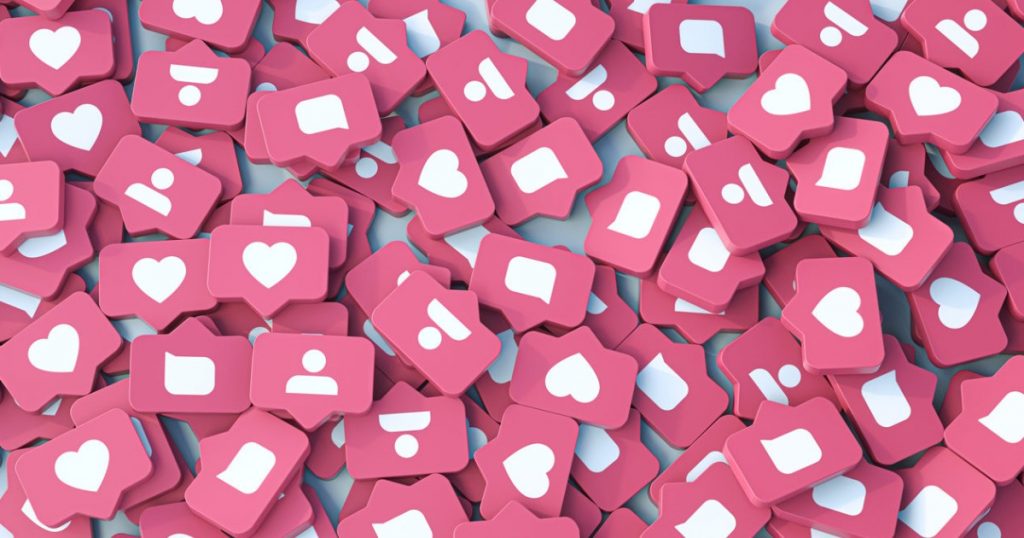Heartfelt Validation – The Psychology behind Likes
In the age of social media, the pursuit of validation has taken on a new dimension through the mechanism of likes. This seemingly innocuous digital gesture holds profound psychological implications that tap into our innate human desire for acceptance and affirmation. The act of receiving likes triggers a cascade of emotions within us, rooted in the brain’s reward system. When we post a photo, a status update, or a tweet, our vulnerability and self-expression are laid bare for the world to see. The moment those likes start rolling in, a surge of dopamine, often referred to as the feel-good neurotransmitter, floods our brain. This neurological response creates a sense of euphoria, equating those tiny thumbs-up icons with approval and social endorsement. In essence, likes become a tangible representation of our worth in the digital realm, a measurable affirmation that we are seen, acknowledged, and embraced. The psychology behind likes is deeply intertwined with our social nature as humans.

Evolutionarily, belonging to a group and maintaining social bonds were crucial for survival. In the context of social media, likes serve as a modern-day version of these primal instincts. Each like is akin to a virtual pat on the back, a sign that we are conforming to societal norms and being embraced by our digital tribe. However, the addictive nature of this validation loop lies not only in the reception of likes but also in the anticipation of them. The moment we share a post, our minds start to wonder: How many likes will this get? Will it resonate with others? This anticipation fuels our need for validation, sometimes leading to a constant craving for social feedback. This cycle can become insidious, as it intertwines our self-worth with the metrics of digital approval. Paradoxically, the pursuit of likes can also trigger feelings of insecurity and anxiety. The absence of likes or a lower-than-expected count can evoke feelings of inadequacy, fostering a sense of isolation and rejection.
In extreme cases, the lack of likes can even lead to negative self-perception, as individuals internalize the digital validation as a measure of their real-world value Increase Your Instagram Likes with Goread.io’s Help. This phenomenon highlights the power that virtual interactions hold over our emotions and self-esteem, blurring the lines between our online and offline identities. As we navigate the complex landscape of social media, it is important to strike a balance between seeking validation and maintaining a healthy sense of self-worth. Mindful awareness of the psychological underpinnings of likes can help us detach from the immediate gratification they offer and instead focus on genuine connections, authentic self-expression, and personal growth. Recognizing that likes are a mere snapshot of the virtual moment, rather than an all-encompassing evaluation of our identity, can empower us to engage with social media in a more emotionally resilient manner.
